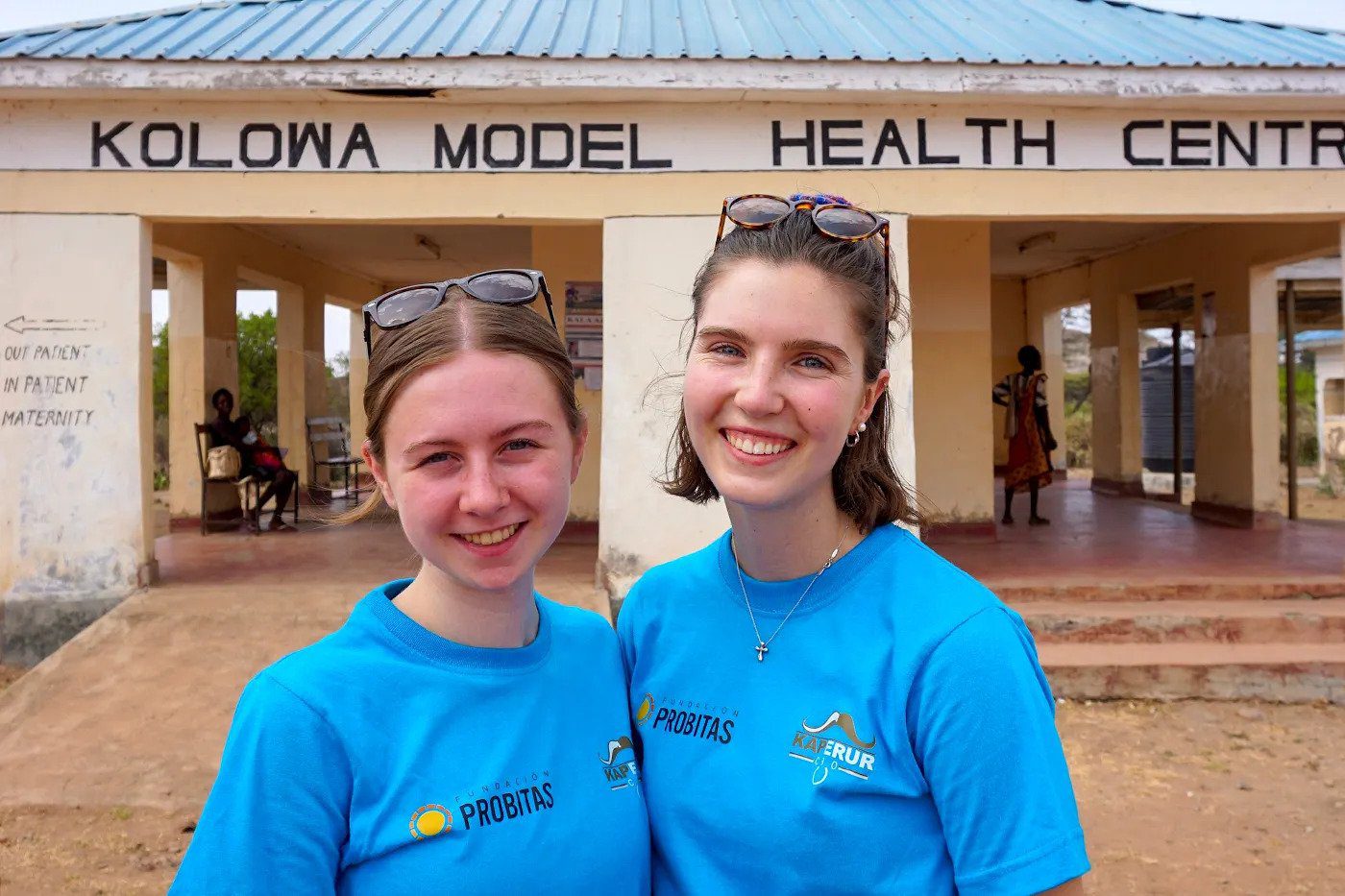Northeastern students Grace Kennedy and Katherine O’Brien traveled to East Africa to do research on deadly but neglected tropical disease visceral leishmaniasis at a clinic established by Northeastern global health expert Richard Wamai.
You may never have heard of visceral leishmaniasis, even though it’s the second deadliest parasitic disease in the world.
As far as this type of disease goes, Doctors Without Borders says it’s topped only by malaria and is nearly always fatal if not treated.
But its occurrence among impoverished and marginalized people in locations including Brazil, East Africa and India have led to its being overlooked as a subject of study and treatment, giving it the official status of a neglected tropical disease.
Northeastern students Grace Kennedy and Katherine O’Brien want to change that.
For their spring semester co-op they traveled to Kenya to do research on visceral leishmaniasis at a clinic in Baringo County established several years ago by Richard Wamai, an associate professor at Northeastern and global health expert.
Continue reading at Northeastern Global News.




